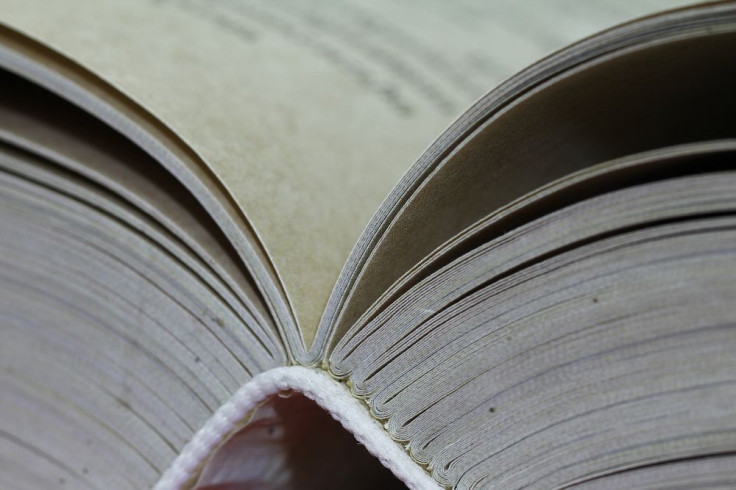Reading Comprehension Linked To Specific Brain Activity: The Science Of Understanding

Reading the words isn’t enough – you have to understand and organize them, too. While this second step sounds like a no-brainer, its underlying cerebral mechanism is not well-understood, and scientists have long wondered how it differs from the first. Now, researchers from Northwestern University believe they have found a way to isolate and monitor the brain activity underpinning this higher-level comprehension process. Aside from broadening our current understanding of the brain, their findings may inspire new ways of diagnosing and treating reading disorders.
The new study, which is published in the journal Frontiers in Human Neuroscience, sought to determine whether a reader’s level of comprehension can be quantified with brain imaging technology. To investigate, the researchers designed an experiment in which participants were asked to read two versions of the same text. One version was an original story; the other was a scrambled version of the text. Both were presented one word at a time on a computer screen. As the subjects read the texts, the researchers used electroencephalography (EEG) to monitor their brain activity. Each subject was then asked to complete a comprehension quiz.
The team theorized that in subjects with poor reading comprehension, brain activity should remain largely uniform throughout the test. Conversely, participants with high comprehension should exhibit a surge in activity while reading the original story. According to lead author Julia Mossbridge, their hypothesis was supported: brain activity could be used to predict comprehension quiz outcomes with almost 90 percent accuracy. "We used a computational algorithm called a random-forest ensemble to identify neural activity that differentiated good from poor reading comprehenders,” she explained in a press release. “This activity was focused at EEG electrodes toward the front of the head.”
The team believes that the new method will facilitate the development of new therapies for individuals with reading difficulties and disorders. According to Mossbridge, the discovery could also set the stage for more sophisticated diagnosis practices. "Individuals with reading comprehension deficits in the absence of other reading deficits are almost surely lacking in this higher-level integration skill of tying the words together and maintaining the integrated meaning over time," she told reporters. "We hope that our novel paradigm and the result showing the neural activity for differentiating good from poor comprehenders could potentially be used to help diagnose and eventually treat reading disorders."
So, the next time you have a hard time concentrating on a text, remember that your brain is actually doing two things simultaneously.
Source: Julia A. Mossbridge, Marcia Grabowecky, Ken A. Paller, Satoru Suzuki. Neural activity tied to reading predicts individual differences in extended-text comprehension.Frontiers in Human Neuroscience, 2013.
Published by Medicaldaily.com



























